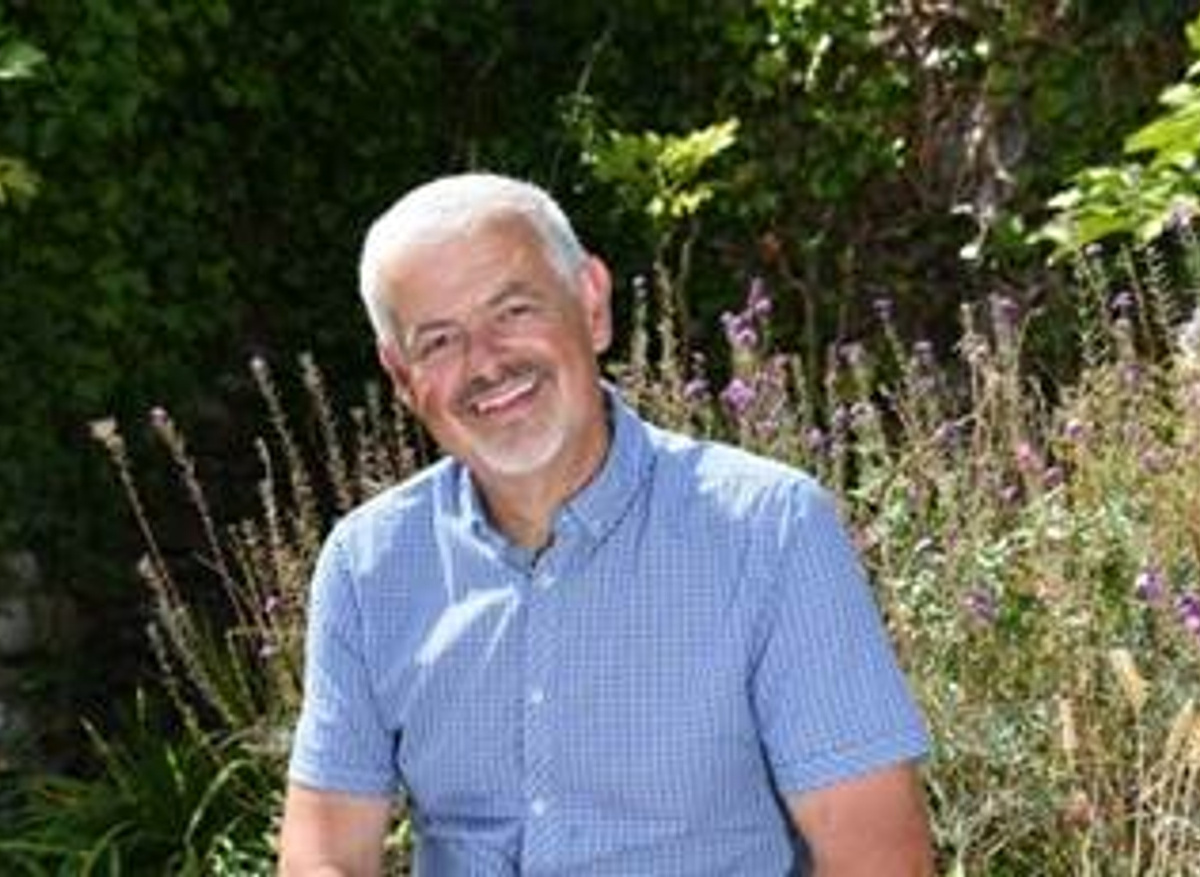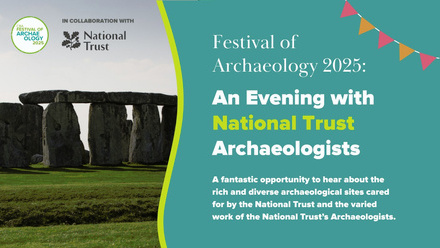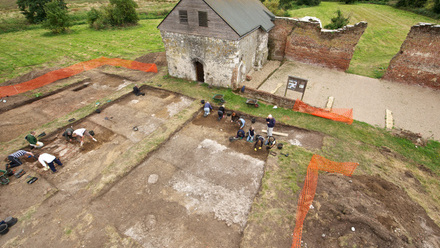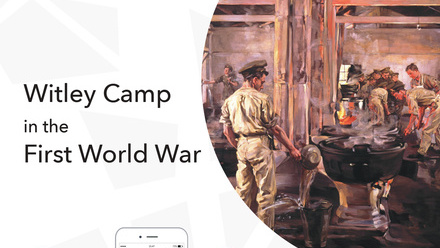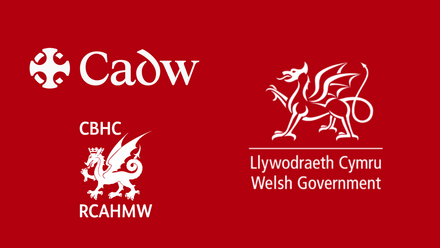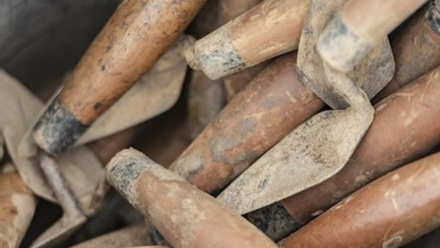I've had a long career in archaeology and I still absolutely love it! It started with coin collecting when I was a seven year old boy in 1963! As a teenager I worked on excavations in Britain, Germany and Greece - and studied Archaeology at Southampton Uni. Our professor encouraged us to work our way up to supervisor level on excavations so we had practical as well as academic experience when we completed our degree. It was great advice and I was soon supervising on big sites. I loved working outdoors and with teams of enthusiastic diggers, but my first permanent job was with a museum. It meant I spent many days working in a basement! – but setting up exhibitions and helping the public with identifications brought me up to daylight. I learned a lot but it’s a busy job in a museum and I never got much chance to do what I called ‘real archaeology’ except in my free time. I then moved into a management role in a stunning new Visitor Attraction with an exhibition, shop and café. I now had a large staff and a big financial role. I eventually left there for a lectureship in tourism – interesting, great to work with young people, and again, it taught me a lot. But I had been drawn away from archaeology and I was missing it. I had been contributing features on archaeology for BBC Radio – but it wasn’t the same as being in the front line! Soon I was teaching archaeology too but education cuts meant that both tourism and archaeology were dropped at my institution.
So now I work for English Heritage, the trust that in 2015 took over care for the 400 or so sites in England that are so important that the government has put them into “Guardianship” – in their direct care. It’s a fantastic organisation and I love working as one of its 10 “Properties Curators”. While “Collections Curators” curate anything that moves (portable collections), I look after buildings, ruins, landscapes and buried archaeology in our care. There are 120 properties in the ""West Territory"" from Cornwall to Cheshire, so when I'm not in the office in Bristol, I'm driving quite long distances to visit our sites and I can be outdoors again at last! I’m often meaning colleagues, contractors, or local people on my visits and that makes it a very people-focussed job. The sites range from stone circles to castles and are all amazing. Much of the time I’m trying to find solutions by talking to people. But there’s quite a lot of computer work too – writing reports or applying to Historic England for consent to carry out work on a site.
I get to be involved in some exciting projects too. For the last five years much of my work has been at Tintagel where I set up and now manage a major research project - TCARP – the Tintagel Castle Archaeological Research Project. It’s great to oversee the whole fieldwork process from research proposal, to finance, to survey, to excavation, to post-excavation analysis, and finally to publication next year. I love sharing the results with the public through tours, articles, lectures and conferences. In January I was in Athens for a conference about trade between the Mediterranean and Tintagel in 5th-7th centuries; and then in the US to give lectures in St Louis and Houston. So sometimes you find your work goes international ! I think I now have the perfect job – though I would love to dig more – but you can’t do that all your life.
So now I’m furloughed while most of our sites have been closed during the pandemic. We get most of our income from memberships, admission fees, retail and catering – which faltered when the virus struck. Under furlough rules I’m not allowed to do any English Heritage work, so I’ve been doing some of my own archaeological research; and got appointed to a new voluntary role “Social Media Editor” for the European Association of Archaeologists. That should occupy a lot of my spare time in the coming years. Archaeologists tend to devote much of their own time – giving lectures, writing articles, organising events and sharing their passion.
Contact details
Win Scutt
English Heritage

